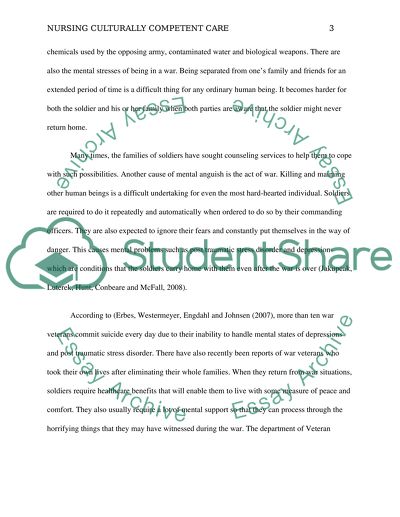Cite this document
(“Culturally competent care Essay Example | Topics and Well Written Essays - 2000 words”, n.d.)
Retrieved from https://studentshare.org/nursing/1486213-culturally-competent-care
Retrieved from https://studentshare.org/nursing/1486213-culturally-competent-care
(Culturally Competent Care Essay Example | Topics and Well Written Essays - 2000 Words)
https://studentshare.org/nursing/1486213-culturally-competent-care.
https://studentshare.org/nursing/1486213-culturally-competent-care.
“Culturally Competent Care Essay Example | Topics and Well Written Essays - 2000 Words”, n.d. https://studentshare.org/nursing/1486213-culturally-competent-care.


